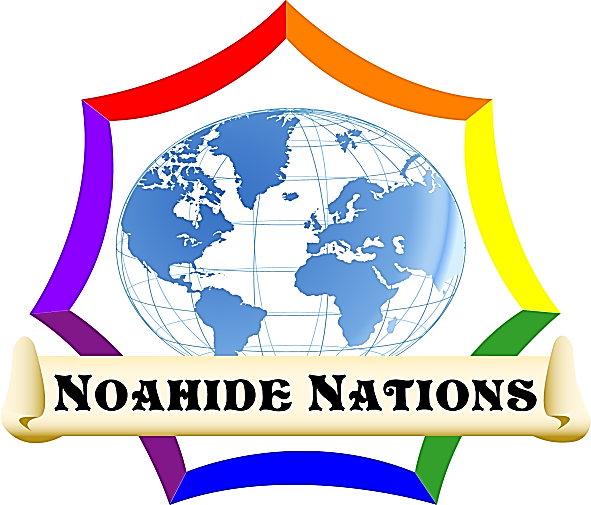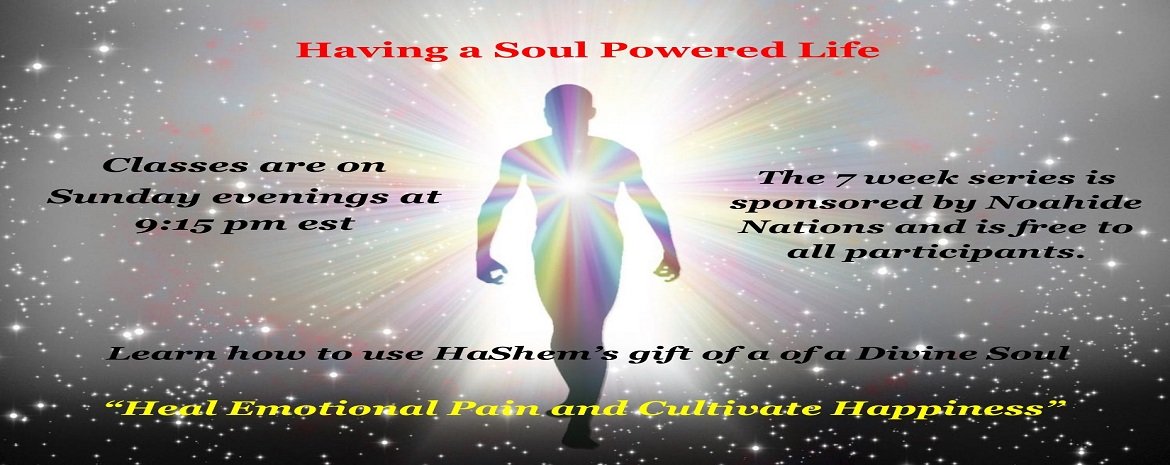THE VIRGIN BIRTH
- Category: WHY ARE CHRISTIANS & MESSIANICS TURNING TO GOD?
- Hits: 32040
Article Index
Therefore, St. Jerome, a Church father and Bible translator who could hardly be construed as friendly to Judaism, affirms Josephus’ statement regarding the authorship of theSeptuagint in his preface to The Book of Hebrew Questions.3 Likewise, the Anchor Bible Dictionary reports precisely this point in the opening sentence of its article on the Septuagint which states, “The word ‘Septuagint,’ (from Lat. septuaginta = 70; hence the abbreviation LXX) derives from a story that 72 elders translated the Pentateuch into Greek; the term therefore applied originally only to those five books.”4
In fact, Dr. F.F. Bruce, a preeminent professor of Biblical exegesis, keenly points out that, strictly speaking, theSeptuagint deals only with the Pentateuch and not the whole Old Testament. Bruce writes,
The Jews might have gone on at a later time to authorize a standard text of the rest of the Septuagint, but . . . lost interest in the Septuagint altogether. With but few exceptions, every manuscript of the Septuagint which has come down to our day was copied and preserved in Christian, not Jewish, circles.5
Regarding your assertion that Matthew was quoting from the Septuagint, nowhere in the Book of Matthew does the word Septuagint appear, or, for that matter, is there any reference to a Greek translation of the Bible ever mentioned in all of the New Testament; and there is good reason for this silence. The first century Church was well aware that a Jewish audience would be thoroughly unimpressed by a claim that Jesus’ virgin birth could only be supported by a Greek translation of the Bible. They understood that if Jews were to find their Christian message convincing, they had to assert that the Hebrew words of the prophet Isaiah clearly foretold Mary’s virgin conception. Matthew could not suggest that only a Greek translation of the Hebrew Scriptures supported his claim. Therefore, in Matthew 1:22-23, the author of the first Gospel insists that it was “spoken of the Lord by the prophet, saying, ‘Behold, a virgin shall be with child…’” Matthew loudly makes the point that it was specifically the prophet’s own words that proclaimed the virgin birth, not the words of any translator.
Isaiah, of course, did not preach or write in Greek, and therefore throughout his life the word parthenos never emerged from the lips of the prophet. All sixty-six chapters of the Book of Isaiah were spoken and then recorded in the Hebrew language. Matthew, however, claimed that Isaiah – not a translator – declared that the messiah would be born of a virgin. No such prophecy was ever uttered by the prophet.


 French (FR)
French (FR)  English (UK)
English (UK) 




